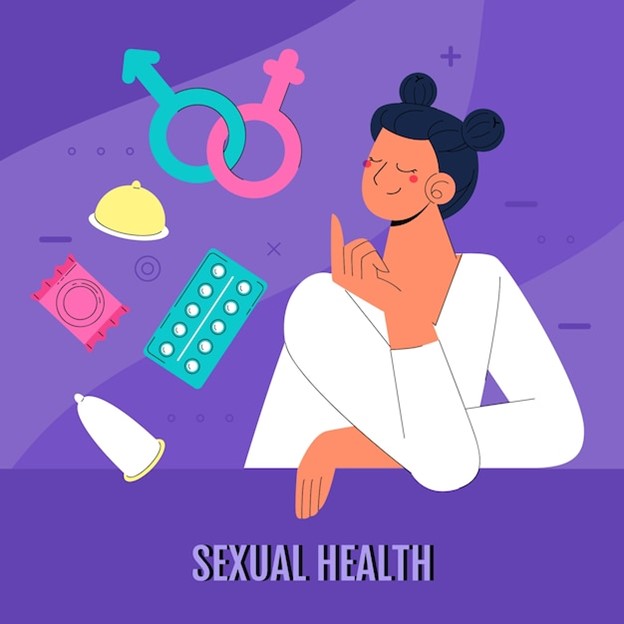Trichomoniasis is a common sexually transmitted infection (STI) caused by the parasite Trichomonas vaginalis. It is important to be aware of the symptoms associated with trichomoniasis, as early detection and treatment can help prevent complications and further transmission. Here are the key symptoms to recognize if you suspect trichomoniasis:
- Vaginal Discharge: One of the primary symptoms of trichomoniasis is an abnormal vaginal discharge. The discharge is often frothy, greenish-yellow or grayish in color, and may have a strong odor. It is important to note that not all individuals with trichomoniasis experience noticeable symptoms, but if you notice any changes in your vaginal discharge, it is worth seeking medical advice.
- Genital Itching or Irritation: Trichomoniasis can cause itching or irritation in the genital area. This discomfort may be mild to severe and can be accompanied by redness or swelling. It is important to avoid scratching, as it can lead to further irritation and potential infection.
- Pain or Discomfort During Urination: Some individuals with trichomoniasis may experience pain or discomfort while urinating. This symptom is more common in women than in men and is often associated with inflammation of the urethra (the tube that carries urine from the bladder out of the body).
- Painful Intercourse: Trichomoniasis can cause discomfort or pain during sexual intercourse (dyspareunia) for both men and women. The inflammation and irritation in the genital area can make sexual activity uncomfortable or even painful.
- Inflammation and Redness: In some cases, trichomoniasis can cause inflammation and redness in the genital area. This can be accompanied by a feeling of warmth or tenderness.
It is important to note that symptoms of trichomoniasis can vary among individuals, and some people may not experience any noticeable signs at all. Additionally, symptoms can be similar to those of other STIs or vaginal infections. Therefore, if you suspect trichomoniasis or notice any changes in your sexual health, it is recommended to seek medical advice for proper diagnosis and treatment.
If you recognize any of the symptoms mentioned above, it is important to consult a healthcare professional, such as a gynecologist or a general practitioner, who can provide an accurate diagnosis. They may perform a physical examination, take a sample of the vaginal discharge for laboratory testing, or recommend other diagnostic tests to confirm the presence of trichomoniasis.
If diagnosed with trichomoniasis, treatment typically involves the use of antibiotics, such as metronidazole or tinidazole, which effectively kill the parasite. It is important to complete the full course of treatment, even if symptoms improve, to ensure complete eradication of the infection and prevent reinfection or transmission to sexual partners.
To prevent trichomoniasis and other STIs, it is important to practice safe sex by using barrier methods such as condoms during sexual activity. Regular STI screenings, open communication with sexual partners about sexual health, and seeking early treatment when needed are crucial for maintaining good sexual health.
Remember, if you suspect trichomoniasis or any other STI, it is important to seek medical advice for proper diagnosis and treatment. By being aware of the symptoms and taking proactive steps, we can protect our sexual health and contribute to reducing the transmission of STIs in South Africa.










